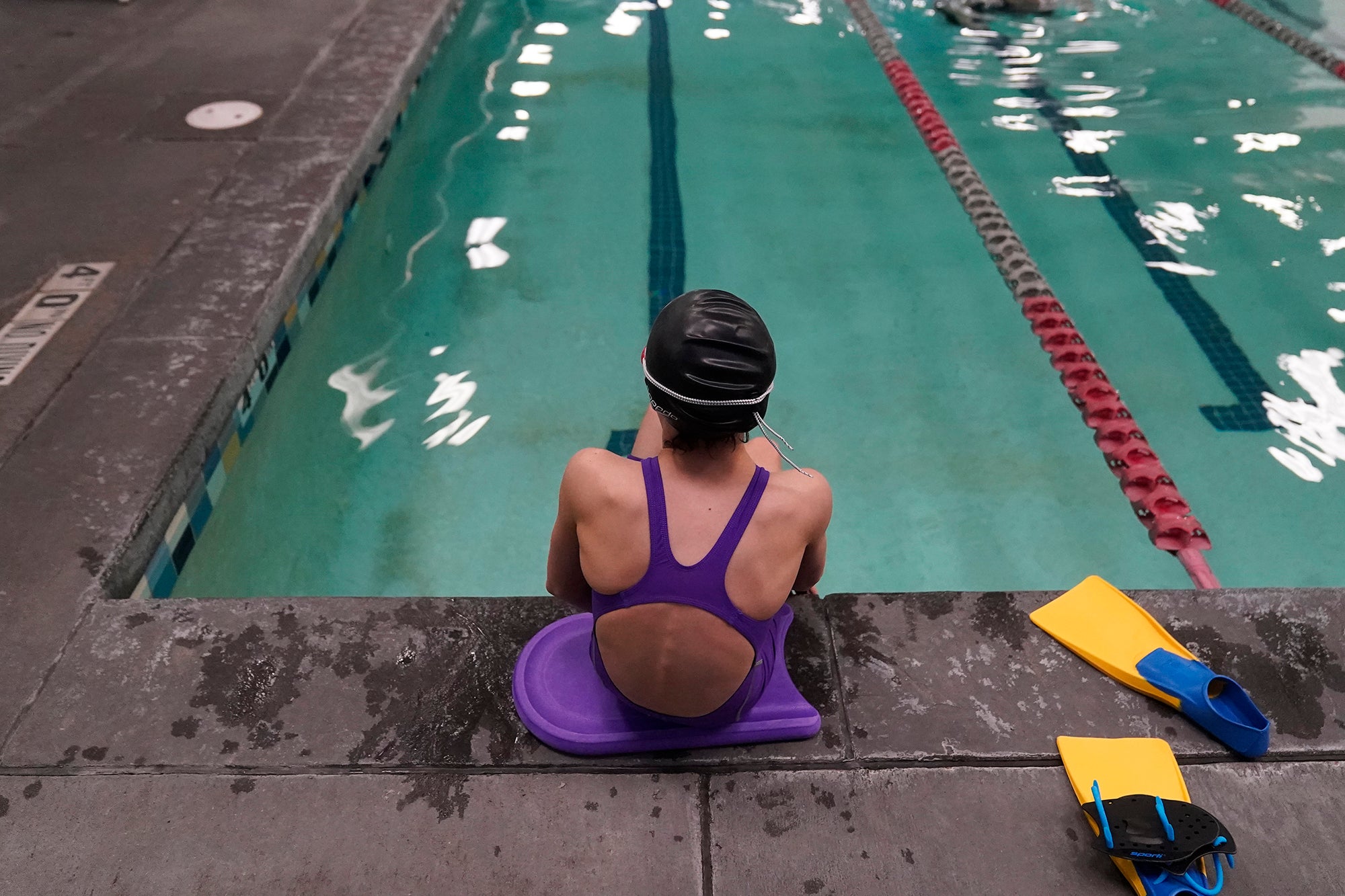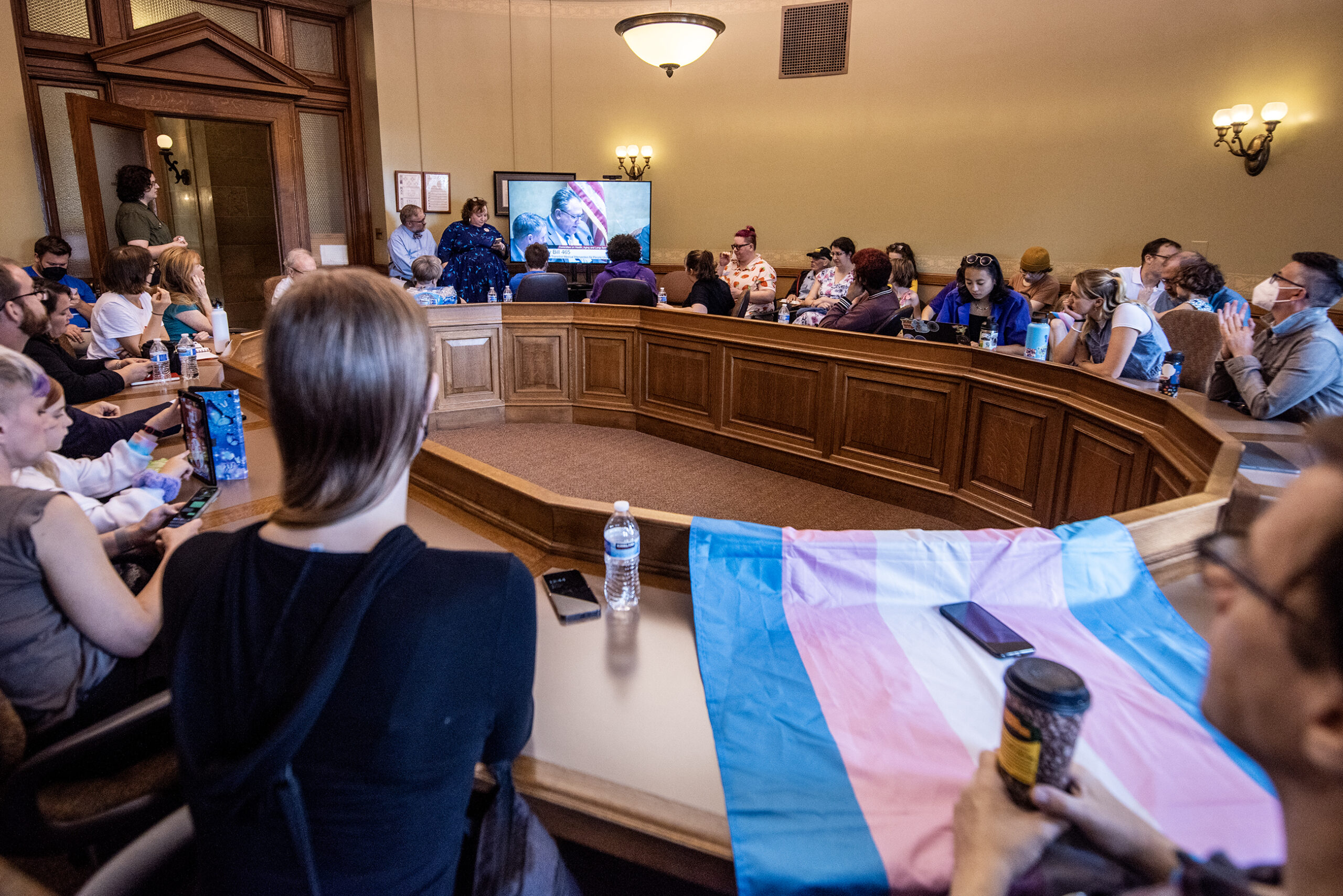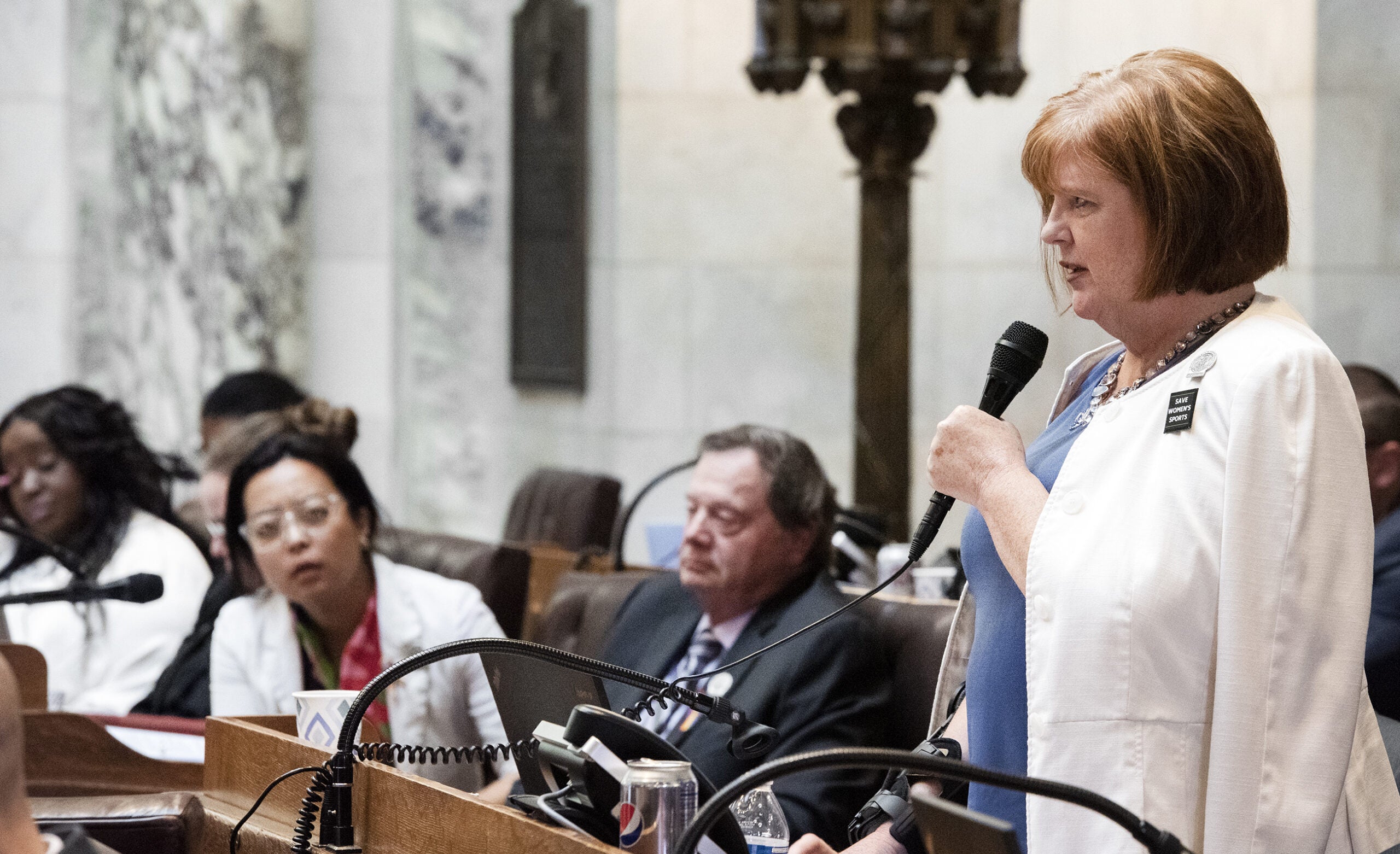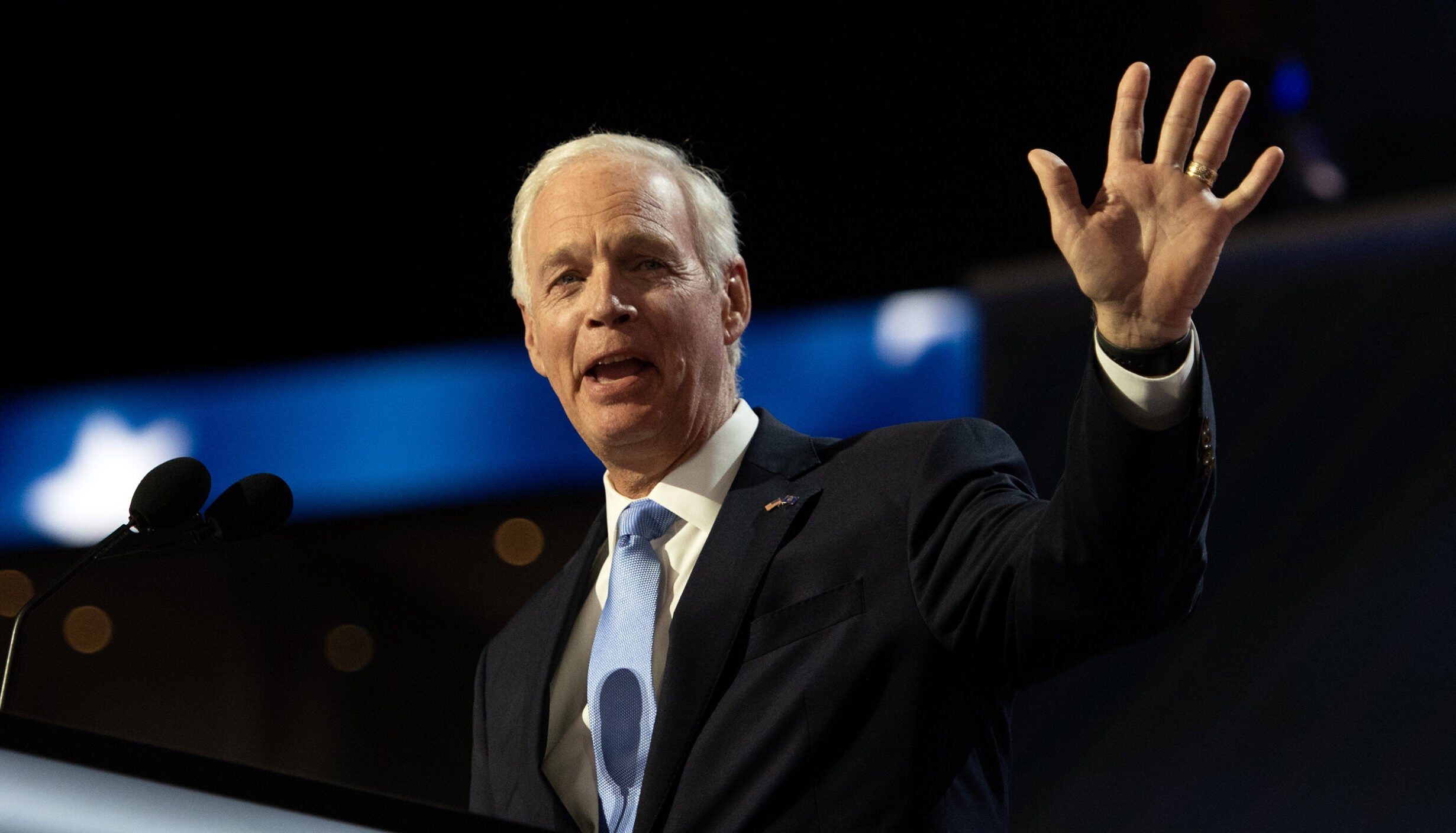Wisconsin lawmakers are set to take public testimony this week on two Republican bills that would bar transgender women and girls from playing on school sports teams that align with their gender identity.
Under one bill, K-12 public schools and private schools that participate in Wisconsin’s taxpayer-funded voucher program would be required to divide all sports teams by sex and officially bar any student who was designated male at birth from girl’s teams.
A second bill would require the same policies at University of Wisconsin System schools and state technical colleges for women’s teams.
News with a little more humanity
WPR’s “Wisconsin Today” newsletter keeps you connected to the state you love without feeling overwhelmed. No paywall. No agenda. No corporate filter.
Transgender advocacy groups, Wisconsin Interscholastic Athletic Association, Wisconsin Education Association Counsel and the State Bar of Wisconsin’s civil rights and liberties section have registered their opposition to one or both of the proposals.
The bills, which mirror measures being introduced across the country, are sponsored by Rep. Barb Dittrich, R-Oconomowoc, and Sen. Kathy Bernier, R-Chippewa Falls. They will be considered at public hearings by Assembly and Senate committees Wednesday, where members of the public can testify in support or opposition. The Assembly hearing has been limited by the committee chair to four hours and an overflow room is being provided for the public in anticipation of crowds.
Earlier this year, Dittrich argued people assigned female at birth are “losing opportunities at titles, records, scholarships and even participation at times” because transgender women and girls are playing on their teams. She also argued cisgender athletes are put at greater risk of injury by playing with transgender female athletes.
Transgender advocates argue the Wisconsin Interscholastic Athletic Association already has a policy that puts barriers in place for transgender girls who want to participate in K-12 sports in Wisconsin, including receiving hormone replacement therapy for at least a year and having a signature from a doctor and parental consent before competing on a girls’ team. Transgender advocates also argue the limitations would cause serious emotional and mental harm to transgender youth who are struggling to be included and recognized by their peers in social situations.
Some legal experts have also questioned whether the bills would stand up in court. Last year, a federal judge in Idaho issued a preliminary injuction against that state’s law limiting transgender participation in sports. The American Civil Liberties Union brought that lawsuit.
Gov. Tony Evers has the power to veto the bills if they are approved by the GOP-controlled state Legislature. He has signaled he would do so, if necessary.
In 2016, GOP lawmakers in Wisconsin introduced a bill that would ban transgender students from using the bathroom that aligns with their gender identity. The bill did not pass.
Wisconsin Public Radio, © Copyright 2025, Board of Regents of the University of Wisconsin System and Wisconsin Educational Communications Board.





